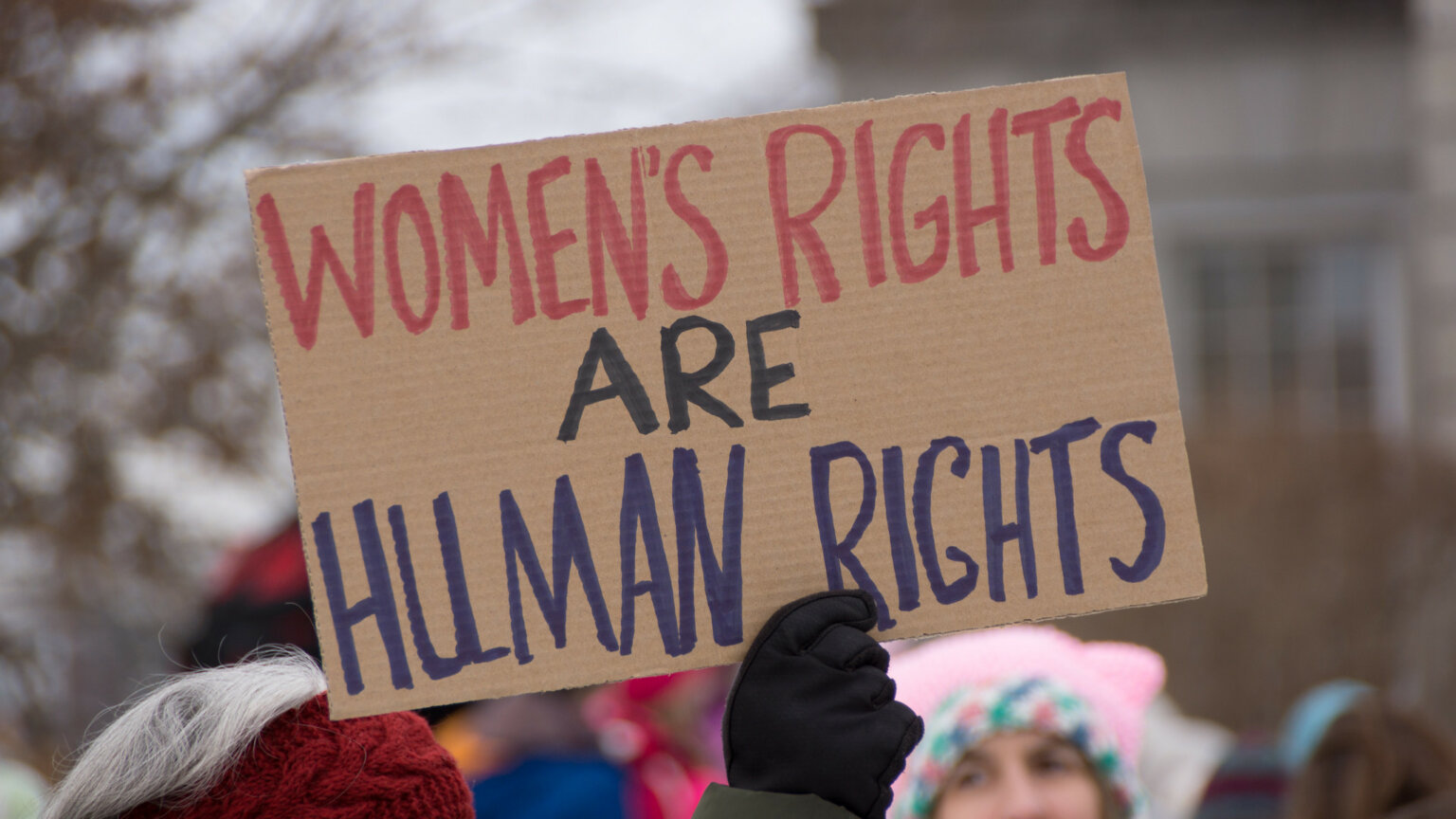- About
- Topics
- Story
- Magazine
- In-Depth
- Picks
- Opinion
- News
- Donate
- Signup for our newsletterOur Editors' Best PicksSend
Read, Debate: Engage.
| topic: | Islamophobia |
|---|---|
| located: | India |
| editor: | Tish Sanghera |
It’s not uncommon to hear the word ‘jihad’ in India these days. The term - which means holy war in arabic - has morphed into a pithy expression of hate against India’s population of 200 million muslim residents.
In recent years we’ve witnessed a ‘corona jihad’ accusing Muslims of deliberately spreading the Covid-19 virus; a ‘land jihad’ which asserts muslims are buying up land to exclude hindus; and even a ‘UPSC jihad’ which believes that the growing number of muslims passing the civil service exams is part of a nefarious plot.
But there is one type of ‘jihad’ invented by radical hindu groups which has been legitimised more than others - ‘love jihad’. Love jihad is a conspiracy theory that believes that any romantic relationship between a muslim man and a hundu woman has the express purpose of expanding the muslim population by converting the wife to Islam and having muslim children.
This type of muslim-expansionist conspiracy theory is not new. Since pre-Independence times, radical Hindu groups have feared that their community’s women were under threat by muslims men. The ‘love-jihad’ term is just a modern, viral social media expression of this same fear. It was used extensively during the 2014 elections by the now ruling Bharatiya Janata Party (BJP), which has continuously repeated this previously fringe concept.
In November, India’s most populous state, Uttar Pradesh, passed the first ‘love jihad’ law. At least four other states ruled by the BJP have, or are in the process of, enacting similar policies.
With these laws in place, Indians in interfaith marriages are living in a heightened state of fear, worried of becoming entangled in a new law that criminalises and targets hindu-muslim marriages. This week, for example, the Gujarat High Court in India’s most western state reviewed a case against seven people charged for allowing an interfaith marriage to occur, including the muslim husband, both sets of in-laws and the priests who solemnised the marriage.
Despite the wife’s insistence that the marriage was of her own volition and that no forceful conversion had occurred, the court has not struck down the case. The wife explained she originally approached the police after a small matrimonial dispute - but the police added charges of “rape and sodomy” against her husband and crafted the charges to appeal to the ‘love jihad’ angle.
A main problem with India’s love jihad laws is that they foster patriarchal ideas of marriage and dominant societal norms. A hindu woman’s decision to willingly have a relationship with a muslim man is so troubling to conservative Hindu groups that they explain it by Islamic ‘deception and fraud’, denying the woman’s agency.
Love has always been complex in India. Outside urban areas, the overwhelming majority of relationships are arranged heterosexual marriages between same-faith and same-community couples. Even in urban areas, those willing to overstep boundaries are less common than we perceive. The difference with these new laws, however, is that interfaith love is not only seen as complex, it has now become criminal.
Photo by Pablo Heimplat

